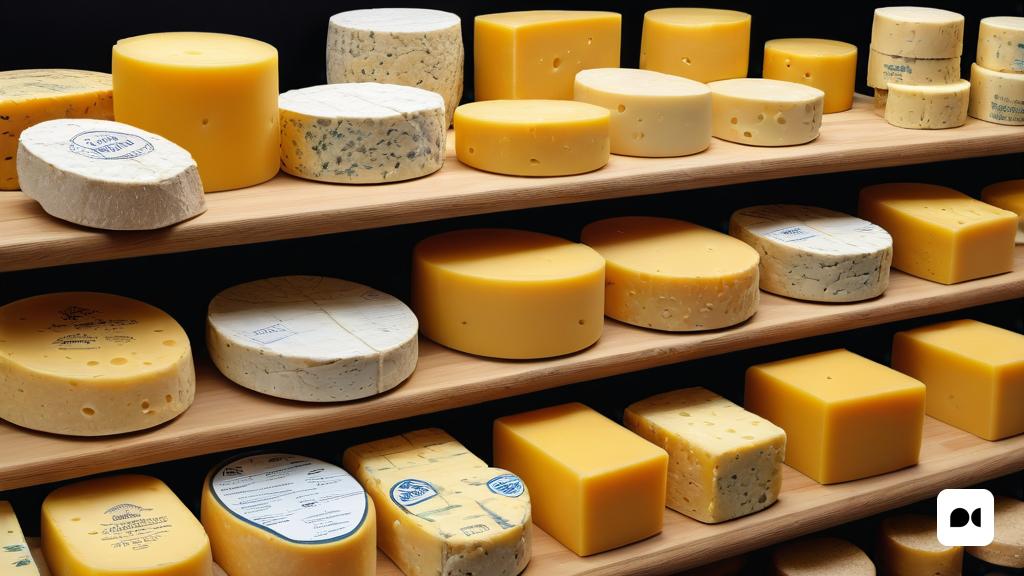Cheeses and Their Fat Content
Cheeses are a source of animal protein and contain a significant amount of calcium, an essential mineral in the daily diet. However, the choice of cheese can significantly influence the amount of fat it provides. This week, the co-owner of Llet Crua, Xevi Miró, reveals to us the differential factor that determines the amount of fat in a cheese.
The Impact of Fats in Cheeses
By choosing a cheese with lower fat content, we often seek to adopt healthier habits, especially when starting a diet or after periods of overeating. It is important to understand that all varieties of cheese are beneficial for the body, as long as they are consumed in moderation, just like most foods. Although certain types of cheese have a higher caloric content, their consumption in general should not be a cause for concern about weight gain.
Xevi emphasizes that not all cheeses contain the same amount of fat, and that this difference is not related to the type of milk used, whether goat, sheep or cow. What determines the fat content in a cheese is its production process. For example, fresh cheeses, which still retain whey, are very low in fat, while creamy cheeses, such as brie and camembert, often contain less fat than might be expected due to their production process. .
Cheese Varieties and Their Fat Content
Dry cheeses usually contain a considerable amount of fat, although there are exceptions. For example, Parmesan is made in a way that much of the fat is removed, making it a less greasy option. On the other hand, Manchego-type cheeses, made with sheep’s milk and without skimming, tend to contain more fat. However, Xevi emphasizes that fat is not harmful and can provide an excellent flavor, especially if it comes from animals fed healthily.
In short, the choice of cheese not only comes down to its fat content, but also to its production process and the quality of the ingredients used. The key to enjoying cheese in a healthy way lies in its moderate consumption and in the selection of varieties that fit our preferences and nutritional needs.

